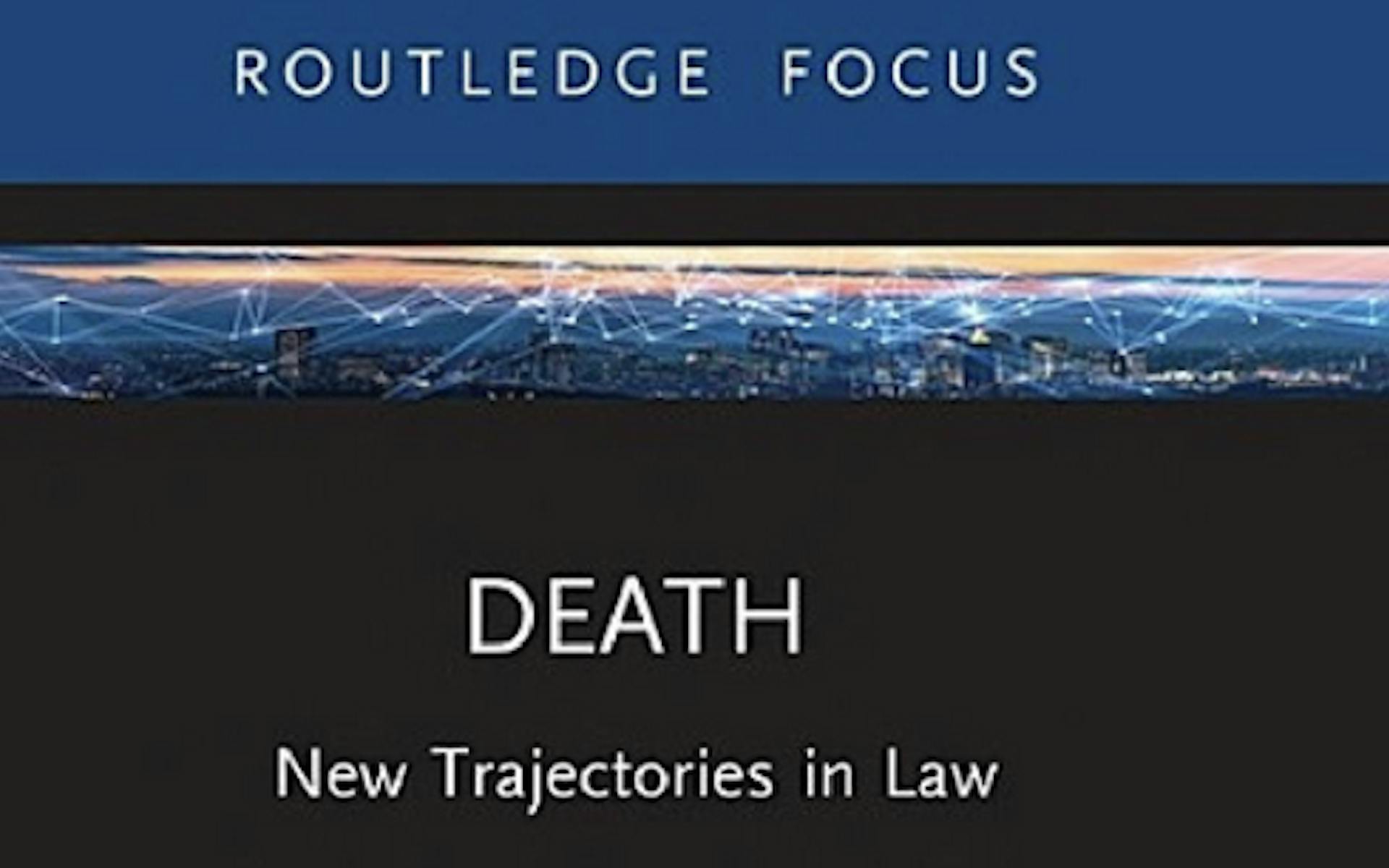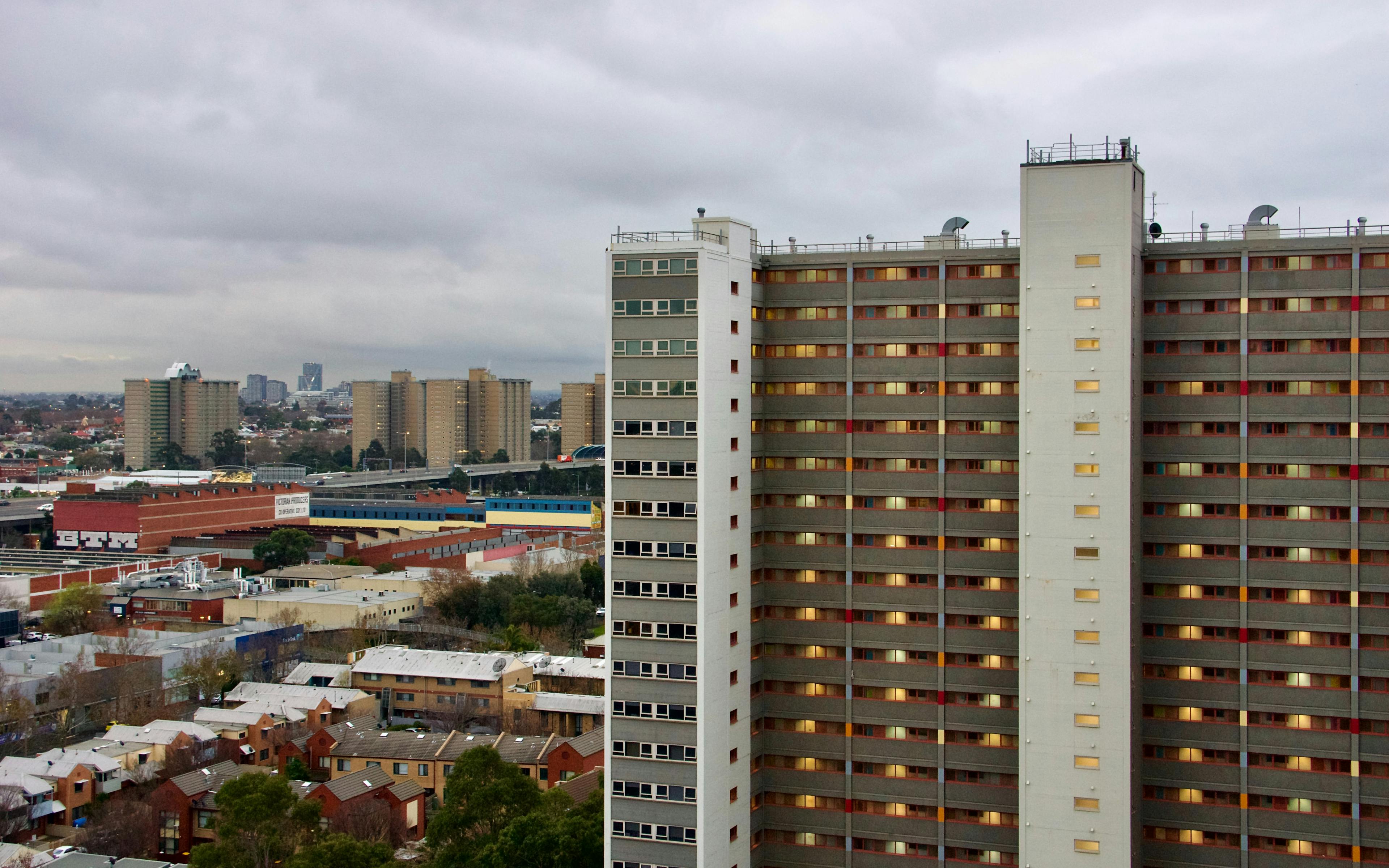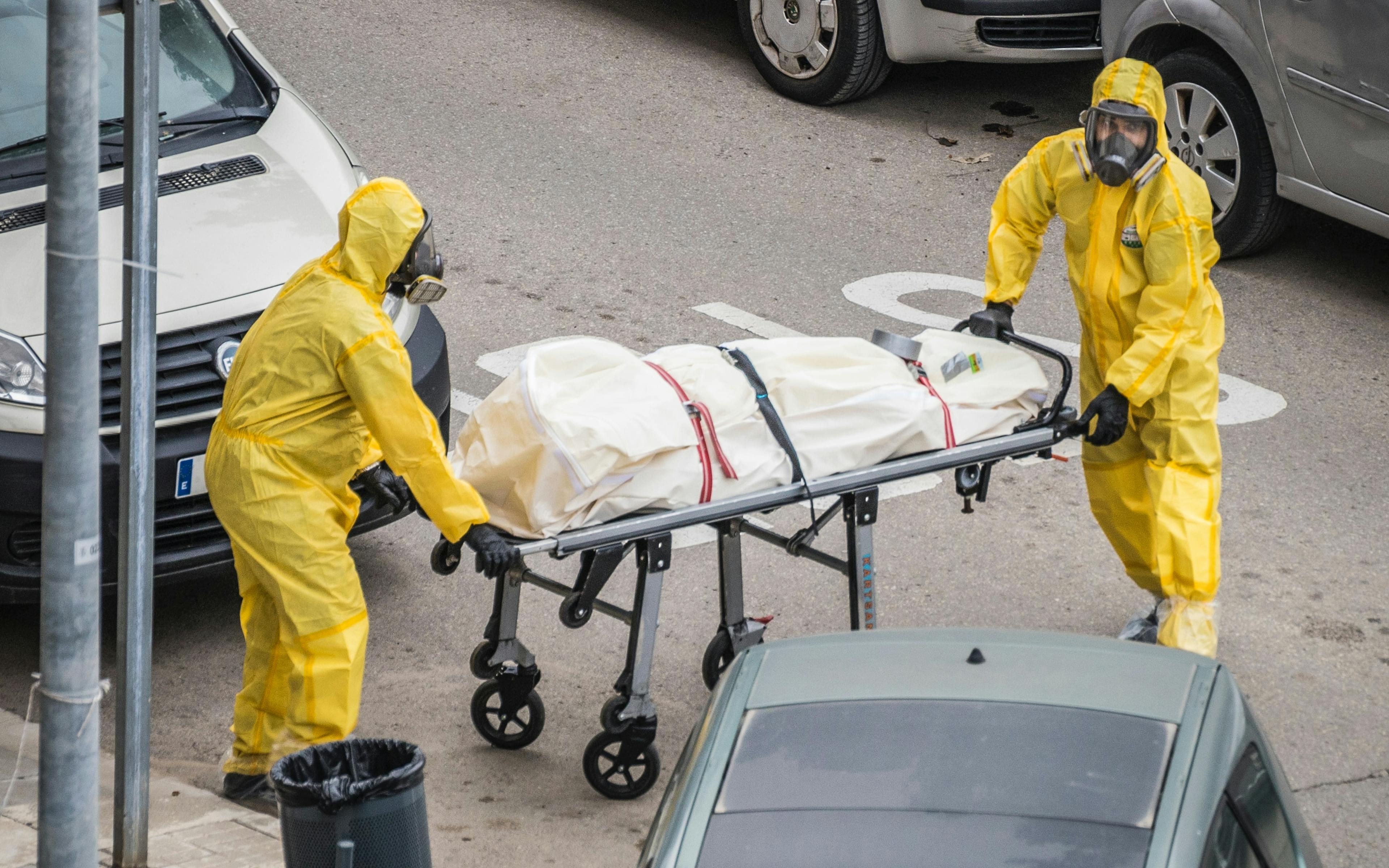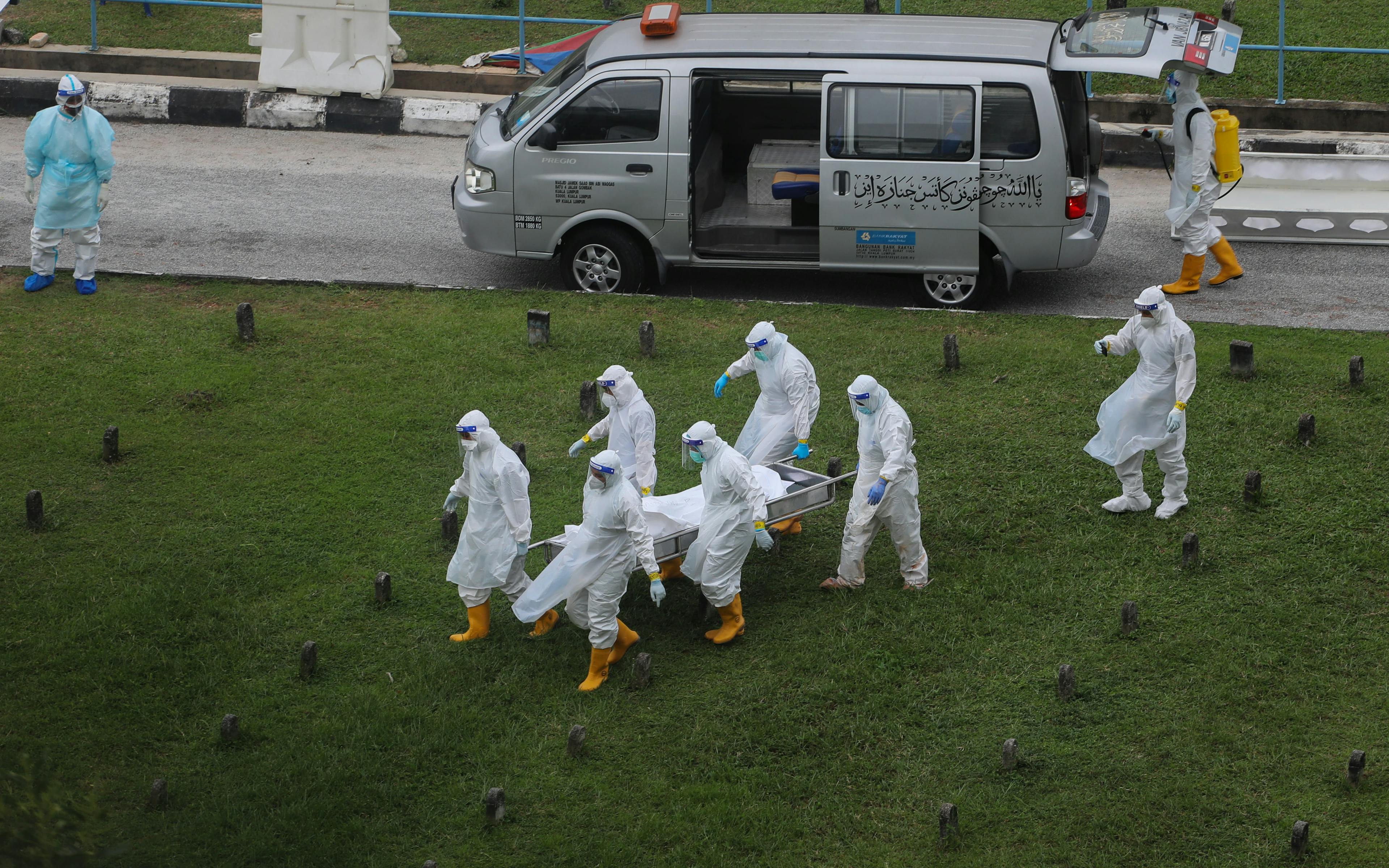← Back to Projects
Economisation of Death


Death is understood in contemporary times as something that can be mastered, controlled, and manipulated. Governments can put an individual to death by their own hands or through their complicity with others. They often let vulnerable populations die by failing to provide timely medical, social, or legal assistance. They also extend the lives of the most advantaged in society by financing technologies that can only be accessed by the few. Governments routinely invest in the management of life to a point where they allow individuals to die. The deterioration in life expectancy in the twenty-first century is not a catastrophe for the state, on the contrary, it is a problem to be monitored, quantified, and calculated. Whether they create the conditions to edge death ever slightly closer or whether they remain indifferent to the fatal consequences of their decision-making, it is without doubt that in seeking mastery over the vicissitudes of mortality, governments reify the value of death.
This project examines how legal institutions reify the value of death in the twenty-first century. Its starting point is that bio-technological innovations have extended life to such an extent that death has become an epistemological problem for legal institutions. It explores how legal definitions of death are subject to the governing logic of economisation, how legal technologies for registering a death reshape what kind of deaths are counted during a pandemic, and how technologies for recycling cadaveric tissue problematise the legal status of the corpse.
Outcomes of the project include the publication of Death: New Trajectories in Law (Routledge, 2023), which questions how legal institutions respond to technologies that bring death before their laws. The book contends that legal theorists and social scientists need to rethink doctrinal perspectives of law when theorising how law defines the moment of death, shapes what kind of deaths count, and recycles the debris of the dead.
Publications
Media

Grave-robbers, mummies, cyborgs!
Marc Trabsky
Marc Trabsky discusses grave-robbers, mummies and cyborgs on the Case In Point Podcast, Episode 4, 26 November 2024
Media

Voluntary assisted dying is different to suicide
Michaela Okninski, Marc Trabsky and Neera Bhatia
Michaela Okninski, Marc Trabsky and Neera Bhatia, ‘Voluntary assisted dying is different to suicide. But federal laws conflate them and restrict access to telehealth’, The Conversation, 22 February 2024.
Chapter

Prescription Medicine, Adverse Effects and Economies of Death
Marc Trabsky and Jacinthe Flore
Marc Trabsky and Jacinthe Flore, ‘Prescription Medicine, Adverse Effects and Economies of Death’ in Penny Crofts (ed), Evil Corporations: Law, Culpability and Regulation (Routledge, 2025) pp 78-90.
Book

Death: New Trajectories in Law
Marc Trabsky
Marc Trabsky, Death: New Trajectories in Law (Routledge, 2024).
Chapter

Counting the Dead During a Pandemic
Marc Trabsky
Marc Trabsky, ‘Counting the Dead During a Pandemic’ in Carl F Stychin (ed), Law, Humanities and the COVID Crisis (University of London Press, 2023) pp 57-73.
Article

"It is not about punishment, it’s about protection’’
Emma K Russell, Tarryn Phillips, Averyl Gaylor and Marc Trabsky
Emma K Russell, Tarryn Phillips, Averyl Gaylor and Marc Trabsky, ‘‘‘It is not about punishment, it’s about protection’: Policing ‘vulnerabilities’ and the securitisation of public health in the COVID-19 pandemic’ (2024) 24(1) Criminology & Criminal Justice 39-58.
Media

The queen’s death certificate says she died of ‘old age’
Marc Trabsky
Marc Trabsky, ‘The queen’s death certificate says she died of ‘old age’. But what does that really mean?’, The Conversation, 30 September 2022.
Chapter

Pour un musée des accidents juridiques
Jake Goldenfein, Laura Petersen and Marc Trabsky
Jake Goldenfein, Laura Petersen and Marc Trabsky, ‘Pour un musée des accidents juridiques’ in Accidens (Editions de l’Atelier de recherche temporelle, 2022) pp 34-47.
Article

Normalising Death in the Time of a Pandemic
Marc Trabsky
Marc Trabsky, ‘Normalising Death in the Time of a Pandemic’ (2022) 12(3) Oñati Socio-Legal Series 540-555.
Chapter

The Neoliberal Rationality of Voluntary Assisted Dying
Marc Trabsky
Marc Trabsky, ‘The Neoliberal Rationality of Voluntary Assisted Dying’ in Daniel J Fleming and David J Carter (eds), Voluntary Assisted Dying: Law? Health? Justice? (ANU Press, 2022) pp 95-111.
Media

‘Died from’ or ‘died with’ COVID-19? We need a transparent approach to counting coronavirus deaths
Marc Trabsky and Courtney Hempton
Marc Trabsky and Courtney Hempton, ‘‘Died from’ or ‘died with’ COVID-19? We need a transparent approach to counting coronavirus deaths’, The Conversation, 9 September 2020.
Media

Without more detail, it’s premature to say voluntary assisted dying laws in Victoria are ‘working well’
Courtney Hempton and Marc Trabsky
Courtney Hempton and Marc Trabsky, ‘Without more detail, it’s premature to say voluntary assisted dying laws in Victoria are ‘working well’’, The Conversation, 21 February 2020.